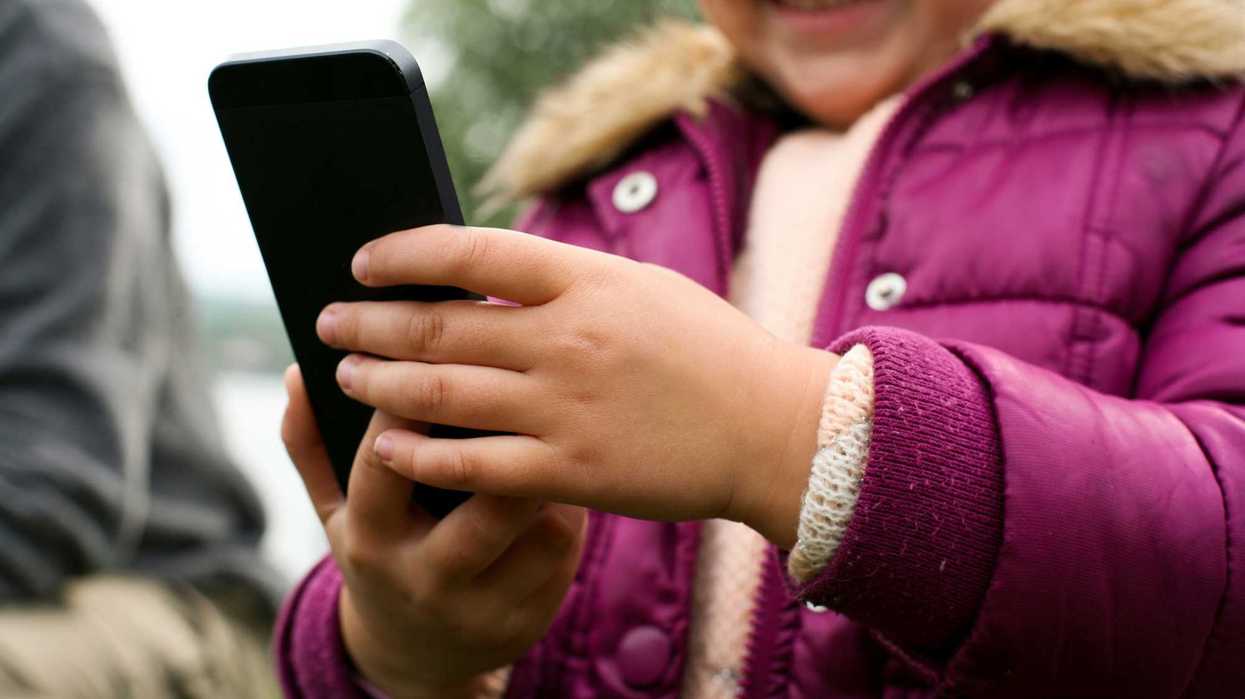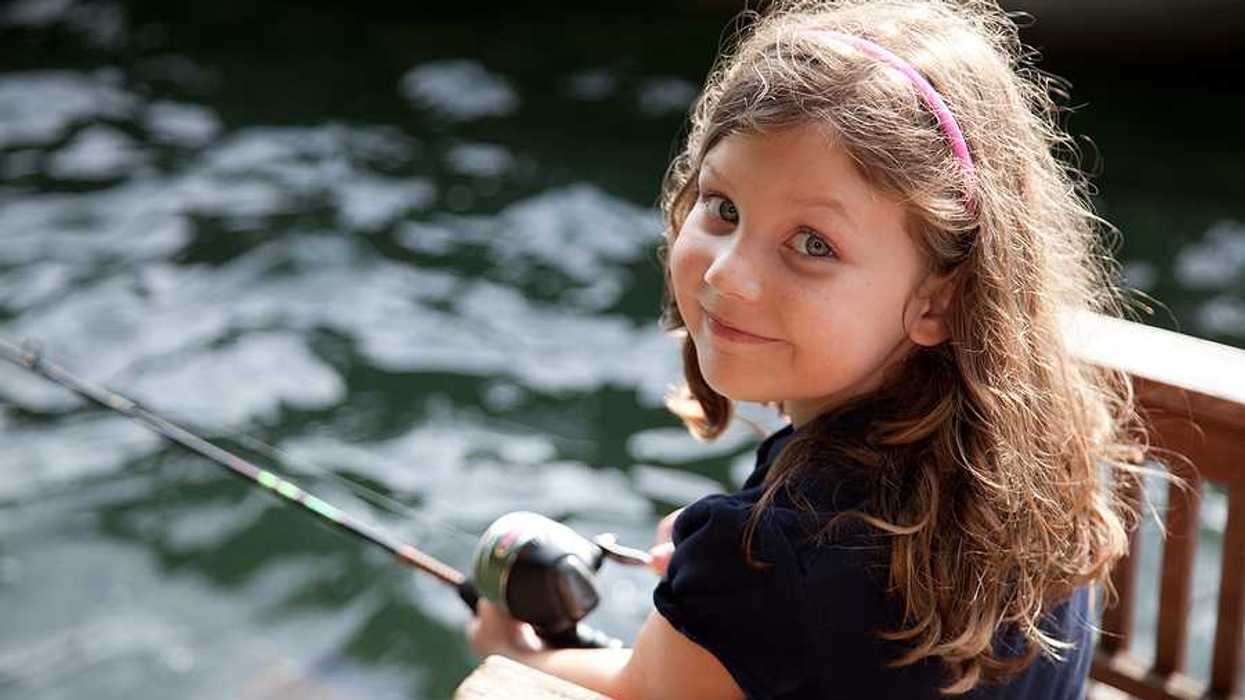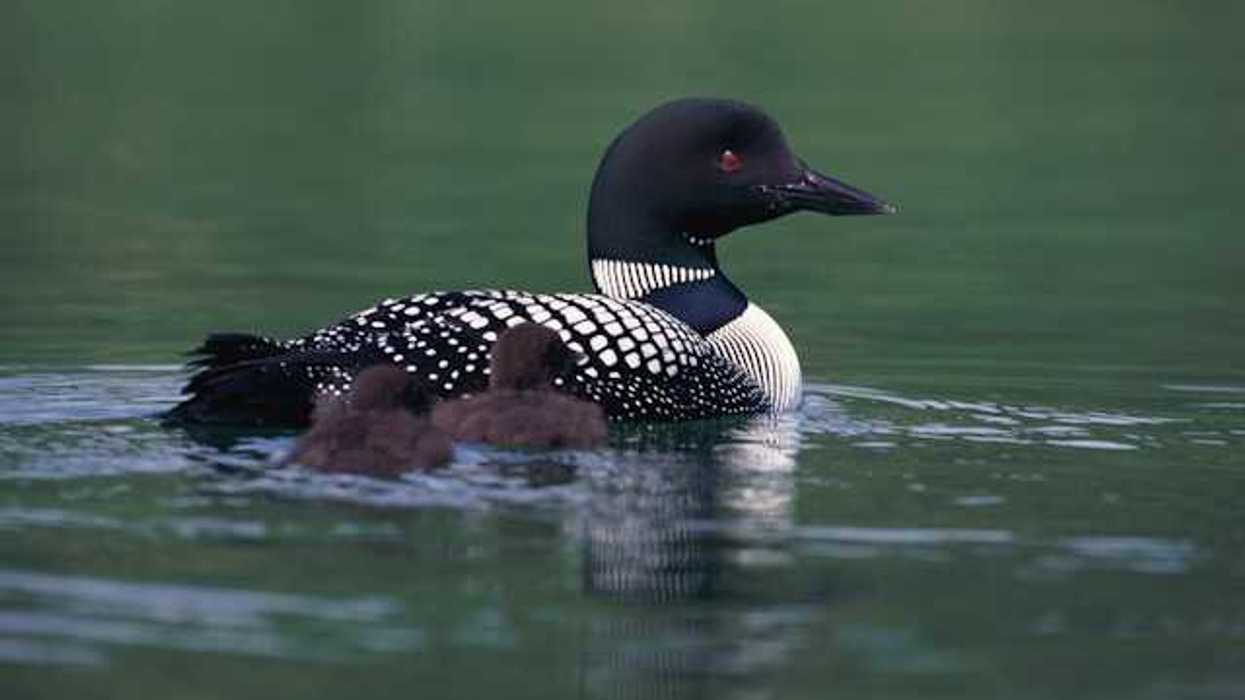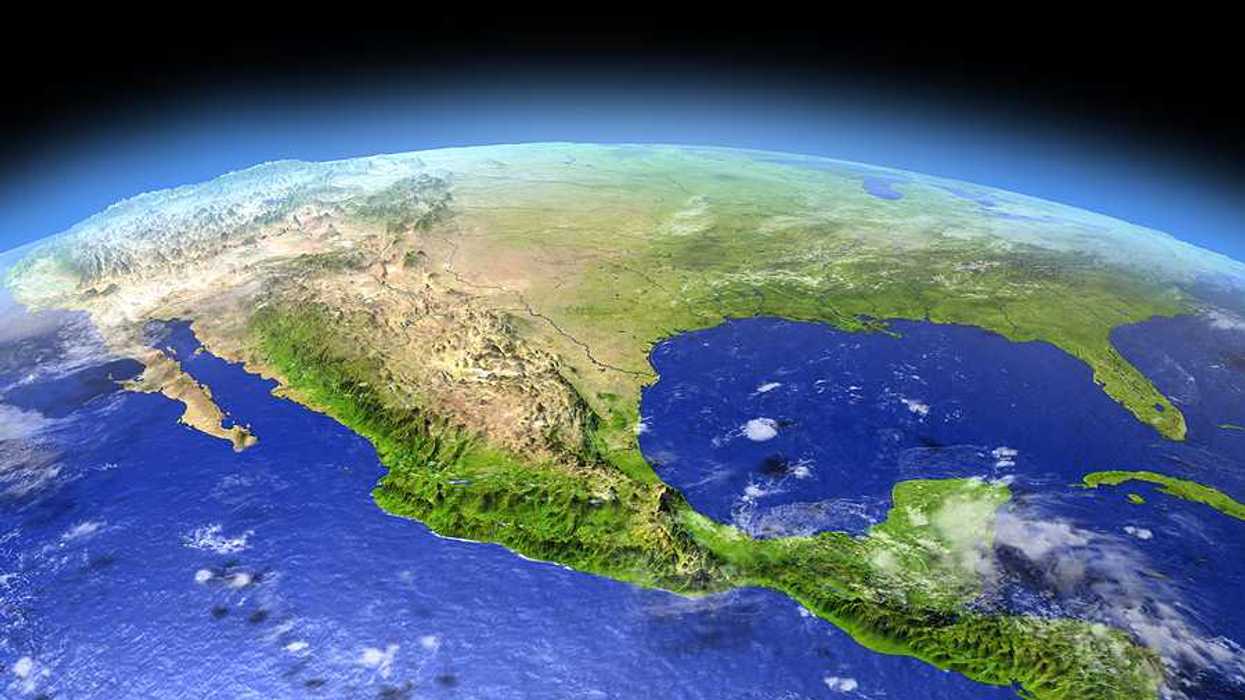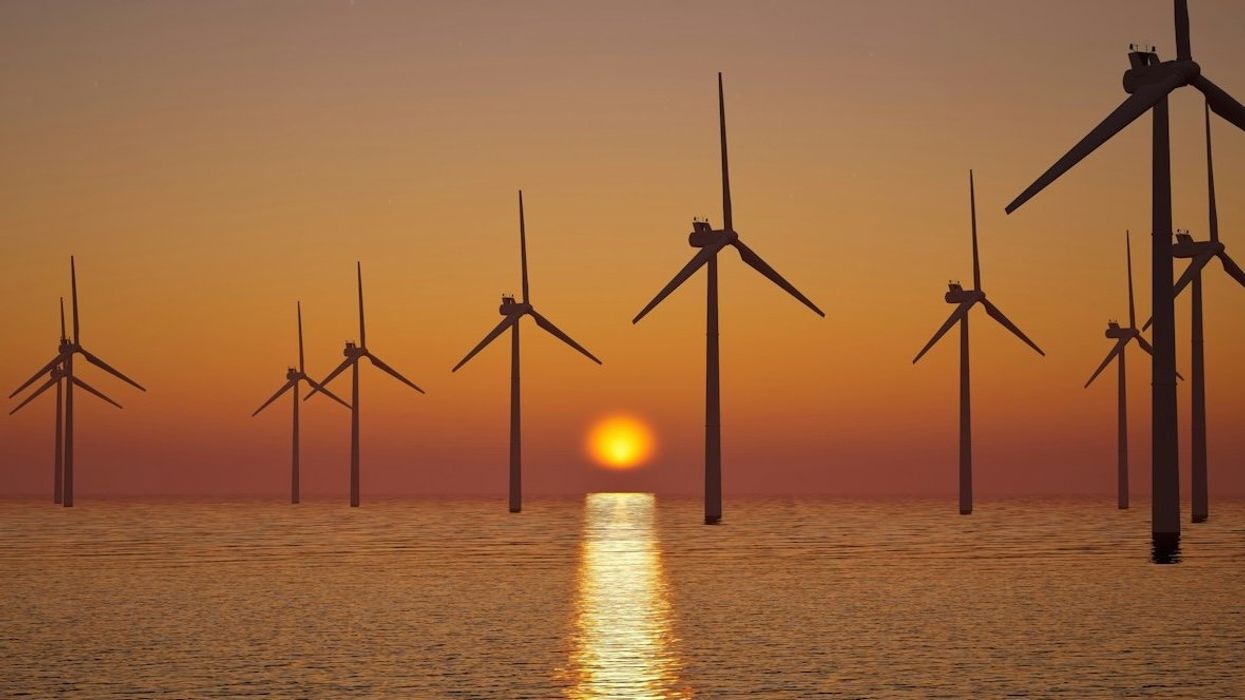The only lead battery recycling facility west of the Rockies, Ecobat, may face permit renewal challenges in Los Angeles County.
Molly Peterson reports for Public Health Watch in partnership with Grist.
In short:
- Ecobat, in operation for 65 years, is the last lead battery recycler in the U.S. West, melting 600 tons of batteries daily.
- Nearby communities express health concerns due to toxins like lead and arsenic released during the recycling process.
- California regulators have delayed Ecobat's permit renewal amidst rising public and legal disputes over environmental and health safety.
Key quote:
"What they’ve really been denying the community is the ability to really call the question, should this facility, based on its past operation, receive a renewal of its hazardous waste permit?"
— Angela Johnson Meszaros, an attorney at Earthjustice representing the community.
Why this matters:
The recycling process of car batteries can release several toxins that pose significant health and environmental risks. Primary among these is lead itself, a neurotoxin that can contaminate the air, soil and water around recycling plants. Exposure to lead is particularly harmful to human health, affecting the nervous system and causing developmental issues and cognitive impairments in children.
Lead poisoning is a devastating and overlooked global health crisis. Revealing its prevalence and sources is the first step to change that.


